Persimmons are very safe for your dog and rich in vitamin C. Persimmon seeds are poisonous, their seeds should not be eaten as it causes digestive problems. If you feed persimmons to your dog you should remove them. Because dogs eat too many persimmons they can get diarrhea.
With their sweet, honey-like flavor, persimmons are a delightful snack many of us enjoy, especially in season. But when sharing our favorite fruits and snacks with our beloved companions, proceeding cautiously and gathering the correct information is crucial. This introduction aims to uncover whether persimmons are safe for dogs to consume. As we nurture the bond, we share moments and photos with our pets, ensuring their safety and health come first.
Table of Contents
Are Persimmons Toxic For Dogs?
Can dogs eat persimmons then I would say yes. Safe for dogs to consume. As we nurture the bond, we share moments and photos with our pets, ensuring their safety and health come first. Exploring the suitability of persimmons for dogs, this piece will touch on essential considerations every dog owner should know when laying the foundation for informed decisions about
enriching your pet’s food with new flavors.
What Are Persimmons
Originating from East Asia, these fruits have been grown for centuries in China, Korea, and Japan. Today, they are cultivated in other parts of the world, including the United States, particularly California. can dogs eat persimmons that look like tomatoes but come in various shades, from light yellow-orange to dark red-orange? The fruit is divided into two main types: astringent and non-astringent.
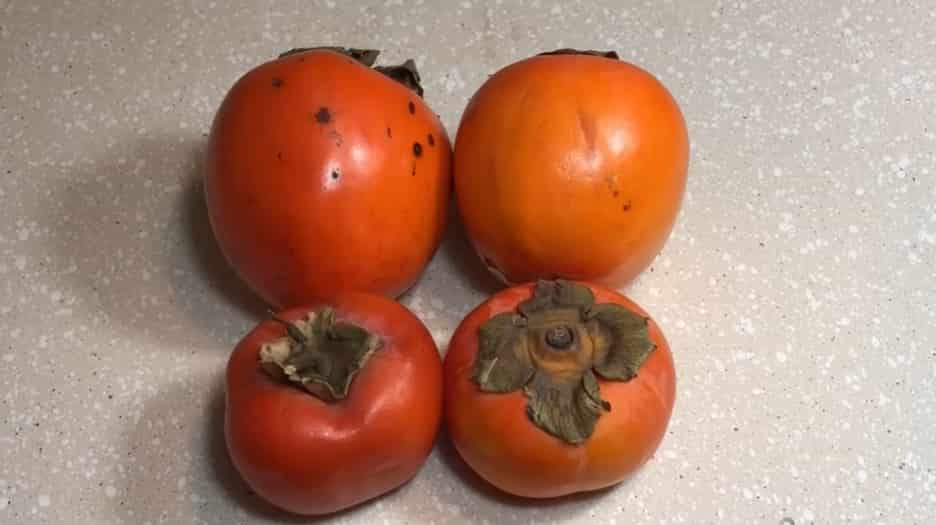
Astringent VS Non-Astringent
Astringent Persimmons contain highly soluble tannins and are unpalatable if eaten before fully ripening. When ripe, these fruits have a jelly-like texture and offer a sweet and rich flavor.
Non-astringent persimmons have fewer tannins and can be eaten while still firm. They offer a crisp, sweet flavor reminiscent of a pear or apple.
- Calories: 118
- Carbohydrates: 31 grams
- Fiber: 6 grams
- Protein: 1 gram
- Vitamin A: 55% of the RDI
- Vitamin C: 22% of the RDI
- Manganese: 30% of the RDI
Incorporating persimmons into your diet can improve digestive health and eyesight and reduce the risk of many chronic diseases.
Culinary Uses
can dogs eat persimmons yes be enjoyed in various ways, both raw and cooked.
Here are a few culinary ideas for persimmons:
Salads: Add slices of Faye persimmon to salads for a sweet crunch.
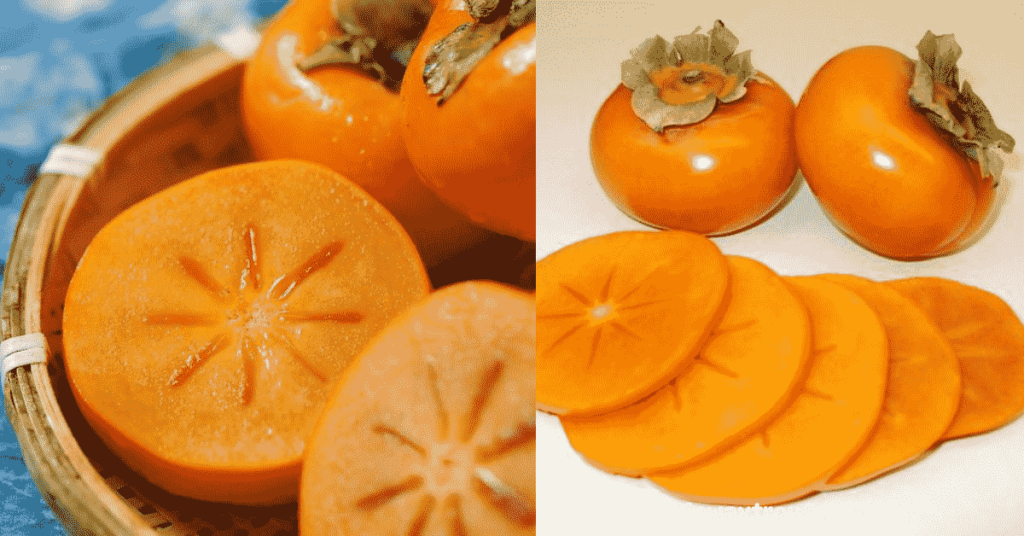
Baked Goods: Ripe Hachiman persimmons add moisture and flavor to cakes,
bread, and muffins.
Smoothies: Blend persimmons with other fruits for a nutritious smoothie.
Drying: Dried persimmons, a traditional treat in many Asian countries, are used to
make a sweet and chewy snack.
How to Select and Store
When purchasing persimmons, look for fruits with deep-colored skin without bruises or blemishes. Astringent varieties should be soft to the touch, indicating they are ripe and ready to eat, while non-astringent types can be enjoyed even when firm.
can dogs eat persimmons that ripen at room temperature? Once ripe, they can be stored in the refrigerator to prolong their shelf life. If you have unripe astringent persimmons, you can speed up the ripening process by placing them in a paper bag with a banana or an apple.
Can Dog Eat Persimmon Fruit?
Yes, dogs can eat persimmons, but there are a few essential considerations to remember. Persimmons are non-toxic to dogs, and many dogs enjoy their sweet taste. However, the seeds and pits of persimmons can be hazardous, as they can cause intestinal blockages or enteritis, an inflammation of the small intestine.
- Remove Seeds and Pit: Always remove the seeds and pit from the persimmon to prevent any risk of intestinal blockage.
- Start Small: Introduce a small amount of persimmon to your dog’s diet initially to monitor for adverse reactions.
- Watch for Allergic Reactions: Although rare, some dogs might be allergic to persimmons. Look for any signs of an allergic reaction, such as itching, swelling, or gastrointestinal upset.
- Serve in Moderation: Can dogs eat persimmons should only be given as an occasional treat, not a regular part of your dog’s diet.
Benefits of Persimmons for Dogs
Persimmons, the vibrant, sweet fruit native to Asia, have recently found their way into the bowls and hearts of dog owners worldwide. This exotic fruit is a delicious treat packed with health benefits that can contribute positively to your canine companion’s well-being. Before you introduce persimmons into your dog’s diet, it’s essential to understand how they can benefit your pet and the safest way to serve them.
- Rich in Vitamins: Persimmons are an excellent source of Vitamin A and Vitamin C, essential for maintaining healthy vision and a robust immune system in dogs. Vitamin A is crucial for dogs’ skin health, coat health, muscles, and nerve function.
- Dietary Fiber: The high fiber content in persimmons can help regulate bowel
movements and improve digestive health. Fiber is crucial in a dog’s diet to
prevent diarrhea and constipation. - Low in Fat: Can dogs eat persimmons yes, persimmons are low in fat, making them a healthy snack option for
dogs, especially those who are overweight or suffering from conditions where
low-fat diets are recommended. - Antioxidants Galore: Loaded with antioxidants, persimmons can help fight
against oxidative stress and may reduce the risk of chronic disease. These
properties can be particularly beneficial for aging dogs. - Natural Sweetness: Can dogs eat persimmons, The natural sugars found in persimmons can be a healthy alternative to processed dog treats, which often contain added sugars and artificial ingredients.
Risks of Feeding Persimmons To Dogs
- Can dogs eat persimmons, a popular fruit during the fall season, are known for their sweet, honey-like flavor? While they are a healthy treat for humans, dog owners should exercise caution before sharing persimmons with their furry friends. Pet owners must be aware of several risks associated with feeding persimmons to dogs.
- Intestinal Blockages: One of the most significant risks of feeding persimmons to dogs is the potential for intestinal blockages. Persimmon seeds can cause blockages in a dog’s intestines if ingested. Even seedless varieties can pose risks, as the fibrous material of the fruit itself can be hard for a dog to digest, leading to obstructions.
- Stomach Upset: Can dogs eat persimmons yes, persimmons can also cause stomach upset in dogs. While generally beneficial for digestion, the fruit’s high fiber content can lead to upset stomach, diarrhea, or constipation in dogs, especially if they overeat the fruit.
Is Persimmon Skin Good For Dogs?
While persimmons contain vitamins and minerals beneficial to dogs in moderation. Precautions to Take If you decide to feed your dog persimmons. It is crucial to take certain precautions to minimize the risks.
- Remove Seeds: Always remove the seeds from the Can dogs eat persimmons to prevent the risk of intestinal blockages.
- Moderation is Key: Feed persimmons in moderation. They should only be a small part of your dog’s diet, primarily used as an occasional treat.
- Monitor for Adverse Reactions: Keep an eye on your dog after they eat persimmons for the first time. Watch for signs of intestinal blockage or stomach upset, and consult your veterinarian if you notice any unusual symptoms.
How To Safely Feed Persimmons To Your Dog
Can dogs eat persimmons yes, Persimmons are a sweet and nutritious fruit many humans enjoy, especially in the fall. However, when it comes to sharing this tasty treat with our canine friends, there are some essential guidelines to ensure their safety and health. Here’s how to safely feed persimmons to your dog.
- Consult Your Veterinarian: Before introducing any new food into your dog’s diet, it’s always wise to consult with your veterinarian, especially if your dog has any existing health conditions or dietary restrictions.
- Choose Ripe Persimmons: Ensure the persimmon is ripe, soft, and free of blemishes or decay. Unripe persimmons can contain tannins that are potentially harmful to dogs and cause stomach upset.
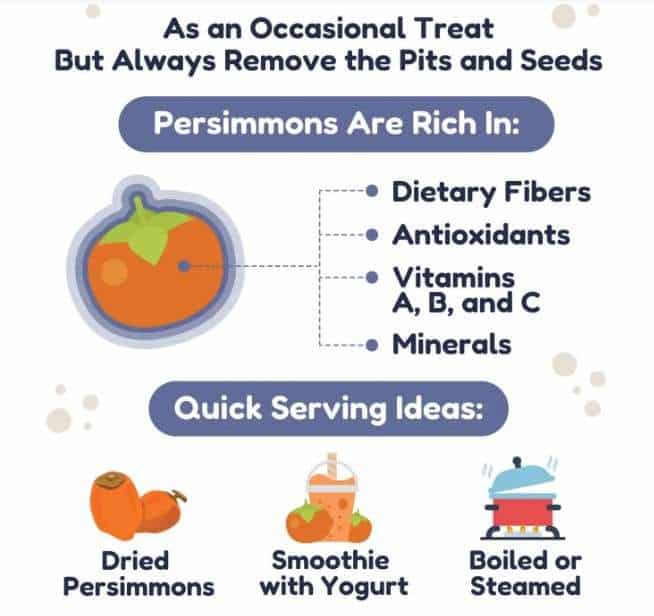
- Remove Seeds and Pit: Persimmon seeds can cause intestinal blockages in dogs, so removing all seeds and the pit is crucial before feeding. Additionally, the pit contains compounds that can be toxic to dogs if ingested.
- Start With Small Amounts
Introduce persimmons to your dog’s diet gradually. Start with a small piece to see how they react to it. - Serve in Moderation
can dogs eat persimmons should be given as an occasional treat, not a regular part of your dog’s diet. High amounts of fiber in persimmons can lead to stomach discomfort and diarrhea if overconsumed.
Conclusion
Always introduce new foods gradually to monitor for allergic reactions or digestive issues. If you have any concerns about feeding your dog persimmons or notice any adverse effects after consumption. It’s advisable to consult with your veterinarian. In summary, when given responsibly, can dogs eat persimmons can be a healthy, occasionally enjoyed treat for dogs, offering a delightful variety to their diet while contributing to their overall well-being.
Frequently Asked Questions
Can dogs eat persimmons?
They are perfectly safe and nutritious if seen within your dog food. The seeds and pits of these fruits can be incredibly dangerous if ingested by your pet. Not only do they pose a risk of causing intestinal obstruction, but there is also a risk of cyanide toxicity.
Are dogs allowed persimmons?
But while the fruit of persimmon is safe for your dog to eat, the seeds and pit of persimmon can cause intestinal blockages, so you should ensure they’ve been carefully removed before feeding a persimmon to your dog.
Can I eat persimmon skin?
Persimmons have a delicate honey-like flavor and silky texture. They can be eaten fresh, dried, or cooked, and are very versatile in recipes. Persimmon peels are completely edible. Whether or not to peel the fruit is a matter of personal preference and the recipe that you’re using.
Can I eat persimmon at night?
Eating fruits like persimmons at night may cause an increase in blood sugar levels.
Is persimmon skin good for dogs?
Can dogs eat the seeds and skin of persimmons? Dogs should not eat the skin or seeds of persimmons. This is because they can cause blockages within the stomach or intestines that can be life-threatening.
How often can dogs eat persimmons?
Can dogs eat persimmons should be considered a treat and not a staple in your dog’s diet. It’s safe to offer persimmons in small amounts occasionally, once or twice a week, as part of a balanced diet.
Can dogs eat persimmons dehydrated?
Persimmons are safe for your dog to eat and are full of vitamins C and A. However, the seeds and pit can cause intestinal blockage leading to various digestive problems.





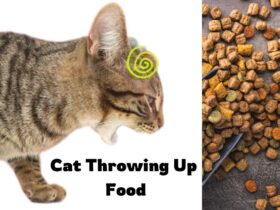
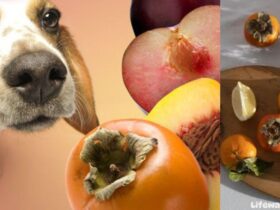
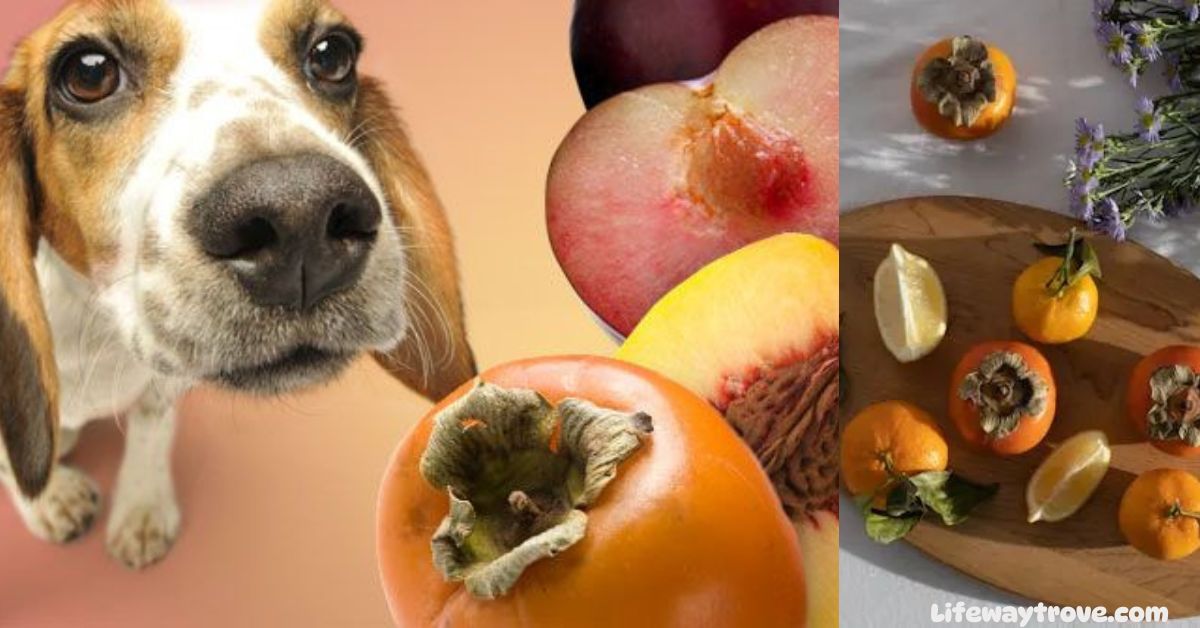

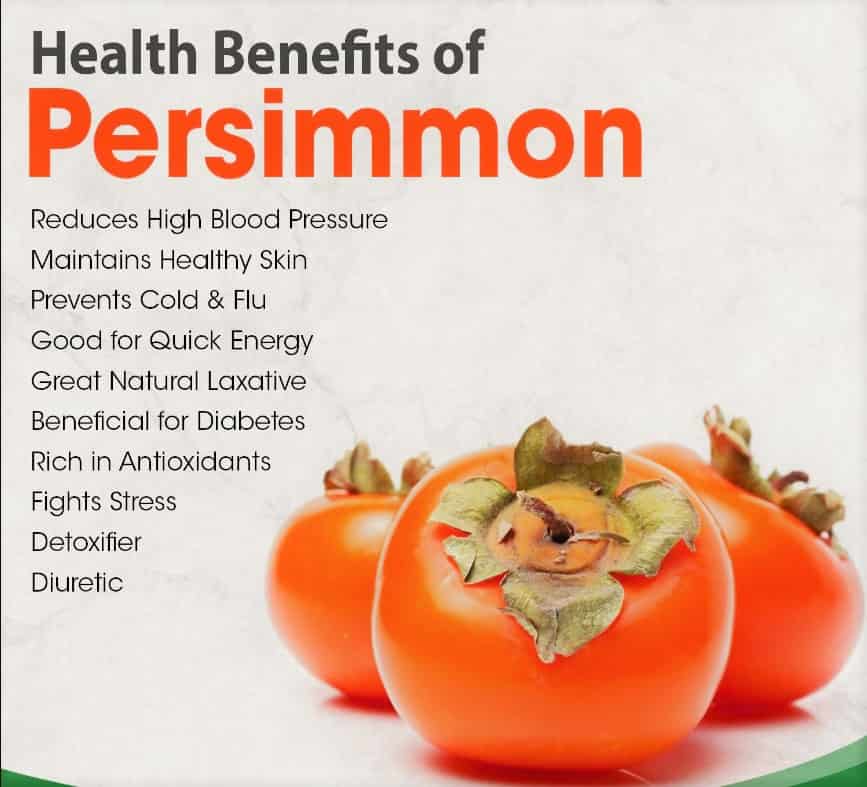




Leave a Reply